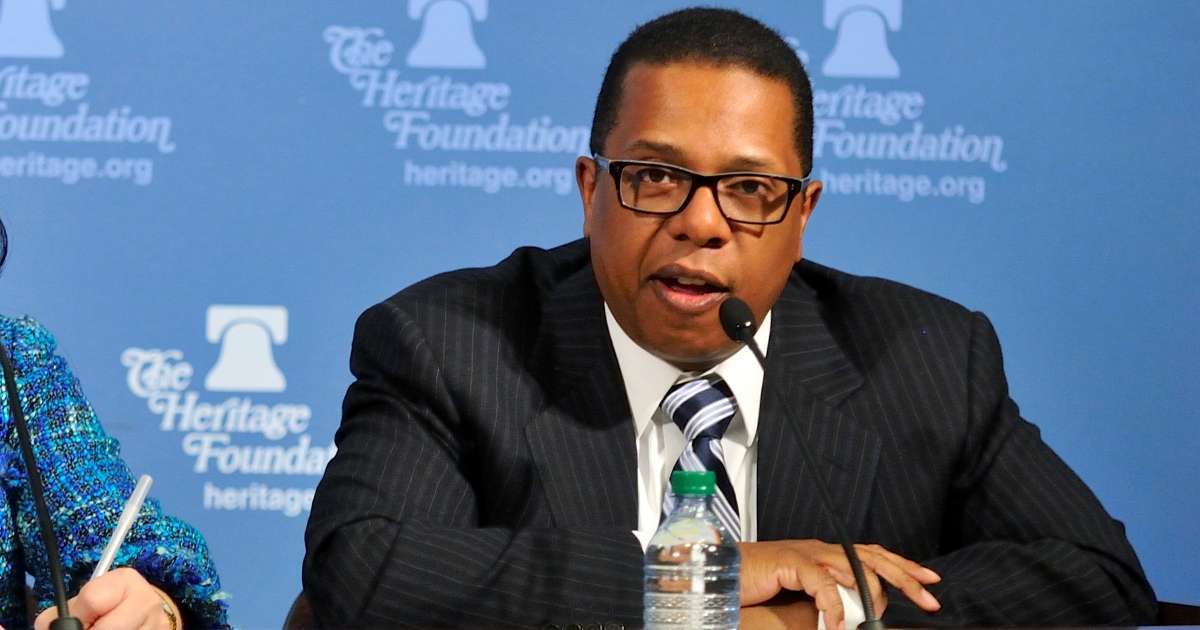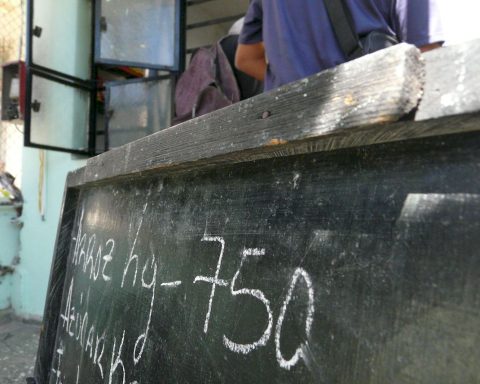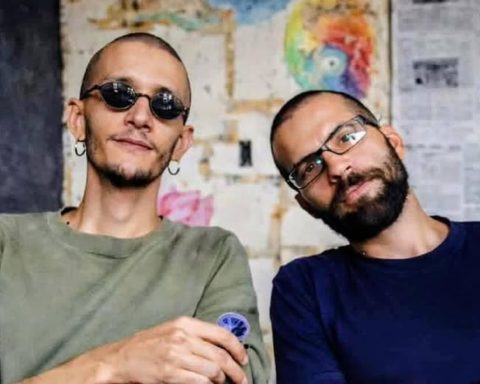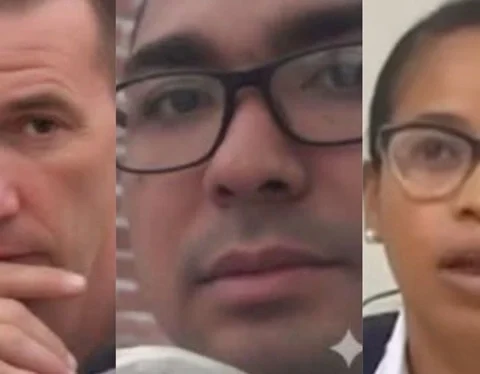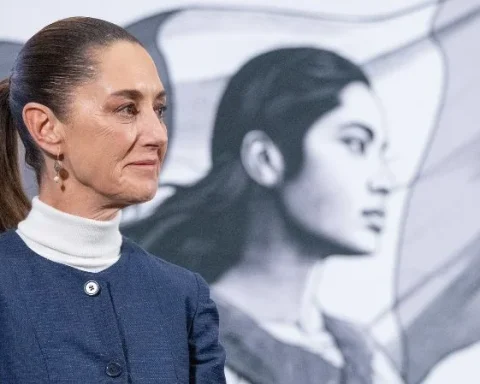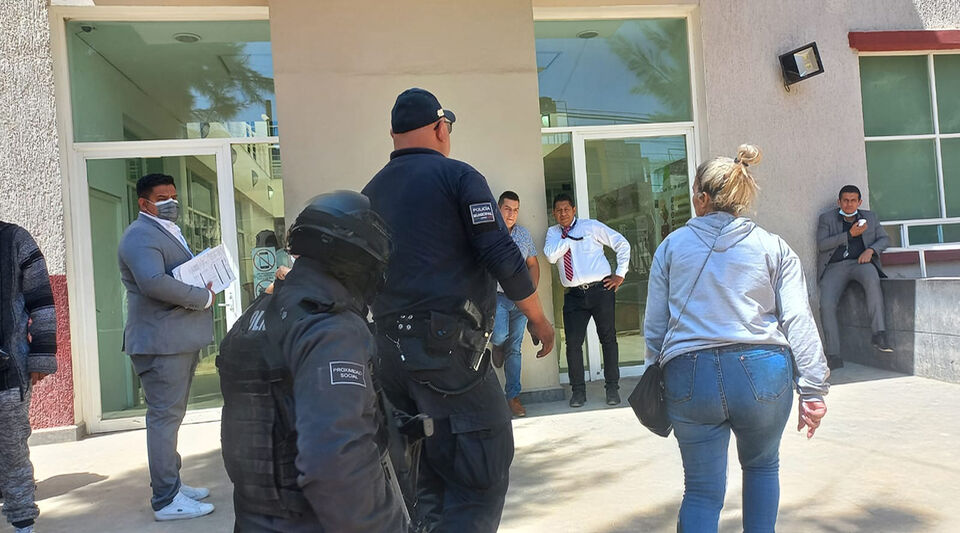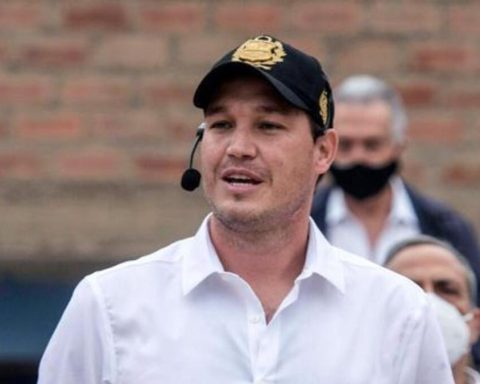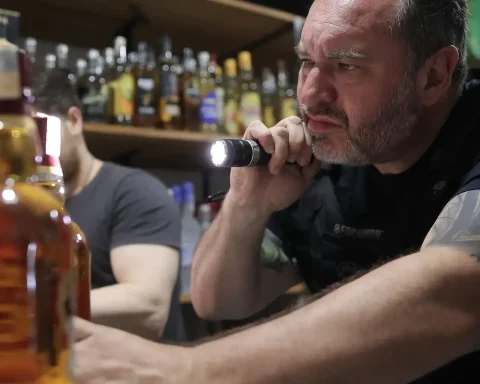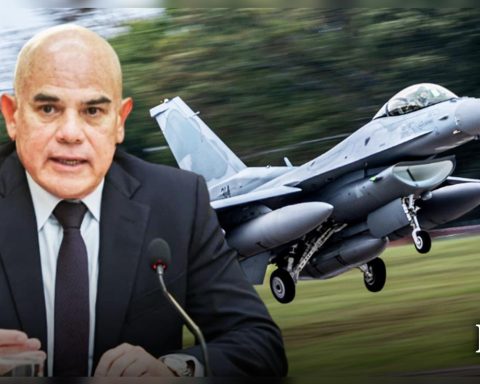The Under Secretary of State for Western Hemisphere Affairs, Brian A Nicholsexposed the Biden administration’s Cuba policy at Florida International University (FIU).
In this sense, he first mentioned human rights, as well as the establishment of “meaningful ways to support the Cuban people while limiting the benefits for the regime.”
On one of the topics of the hour, immigration policy, he said: “To fulfill the president’s commitments, we have been working to expand safe and legal migration options. Our embassy in Havana is now fully open for processing immigrant visas and the United States Citizenship and Immigration Services have resumed processing under the Cuban Family Reunification Program.”
In addition, he said, “the Administration took the very bold and innovative step of launching a new program of parole Humanitarian. The Administration promised to grant parole humanitarian assistance to up to 30,000 people from Cuba, Venezuela, Nicaragua and Haiti every month”.
He reiterated the fact that, to date, “some 10,000 Cubans have successfully used the program to enter the United States. Cubans from all walks of life have benefited, including members of the human rights community.”
And he emphasized: “I am pleased to report that since the launch of the parole program in particular, the number of Cuban migrants attempting dangerous irregular migration has plummeted. Recognizing that it is still early days, we are pleased to see that Cuban families choose these legal options.”
More than 4,700 Cubans have been authorized to enter the US through a new parole program
He announced that while the United States opposes “forced exile, it will not turn its back on political prisoners, and if they want to come to the United States, we will explore the avenues available under US law to welcome them.”
On the other hand, he reiterated that this policy supports the emerging Cuban private company: “Our other areas of significant support to the Cuban people are aimed at supporting greater freedom and expanding economic opportunities.”
“We are working,” he continued, “to expand access to technological tools and services that will allow pioneering Cuban entrepreneurs to start or grow their businesses and prosper in the global digital economy, which will create jobs and opportunities for the people Cuban”.
“While we apply these measures,” he stressed, “we will continue to ask the Cuban regime to respect the human rights and fundamental freedoms of all Cubans and unconditionally release all political prisoners.” And he made clear the reasons for the talks with the island’s authorities: “To support the Cuban people and protect the national interests of the United States, we also maintain direct relations with the regime when it interests us.”
“This engagement includes talks on migration, scientific and technical cooperation, including maritime and air safety, and food and animal health protocols. It also includes, where appropriate, police cooperation, ”he concluded.
